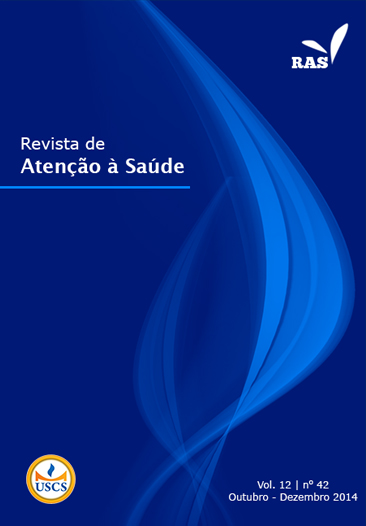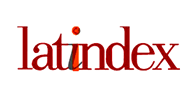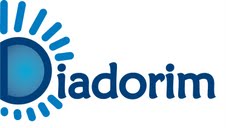COMPORTAMENTO IMPULSIVO: ESTUDO EM UMA POPULAÇÃO DE UNIVERSITÁRIOS
DOI:
https://doi.org/10.13037/rbcs.vol12n42.2176Keywords:
Educação Física, MedicinaAbstract
O estudo de corte transversal objetivou investigar o comportamento impulsivo de estudantes universitários de uma universidade do sul do Brasil. A amostra foi constituída por 129 estudantes dos cursos de Direito e Engenharia Civil, sendo 49,6% do sexo masculino e 50,4% do sexo feminino. Optou-se por um questionário autoaplicável composto por três partes: a) identificação pessoal; b) situação socioeconômica; e c) escala de impulsividade de Barratt 11. A análise dos dados foi feita por meio da estatística descritiva (frequência simples, percentual, média e desvio padrão) e inferencial pelo teste do qui-quadrado para comparação entre os resultados. A maioria dos estudantes está nas fases iniciais dos cursos (69,8%), sendo que 57,4% cursam Engenharia Civil enquanto 42,6% Direito, e pertencem aos estratos econômicos A e B (88,3%). Quanto ao índice de impulsividade, verificou-se que a maior parte dos participantes está dentro dos limites normais (69%). Na comparação entre o comportamento impulsivo e as variáveis sociodemográficas não houve diferença estatística significativa.
Downloads
Downloads
Published
Issue
Section
License
Policy Proposal for Journals offering Free Delayed Access
Authors who publish in this magazine agree to the following terms:
- Authors maintain the copyright and grant the journal the right to the first publication, with the work simultaneously licensed under a Creative Commons Attribution License after publication, allowing the sharing of the work with recognition of the authorship of the work and initial publication in this journal.
- Authors are authorized to assume additional contracts separately, for non-exclusive distribution of the version of the work published in this magazine (eg, publishing in institutional repository or as a book chapter), with the acknowledgment of the authorship and initial publication in this journal.
- Authors are allowed and encouraged to publish and distribute their work online (eg in institutional repositories or on their personal page) at any point before or during the editorial process, as this can generate productive changes, as well as increase impact and citation of the published work (See The Effect of Open Access).









